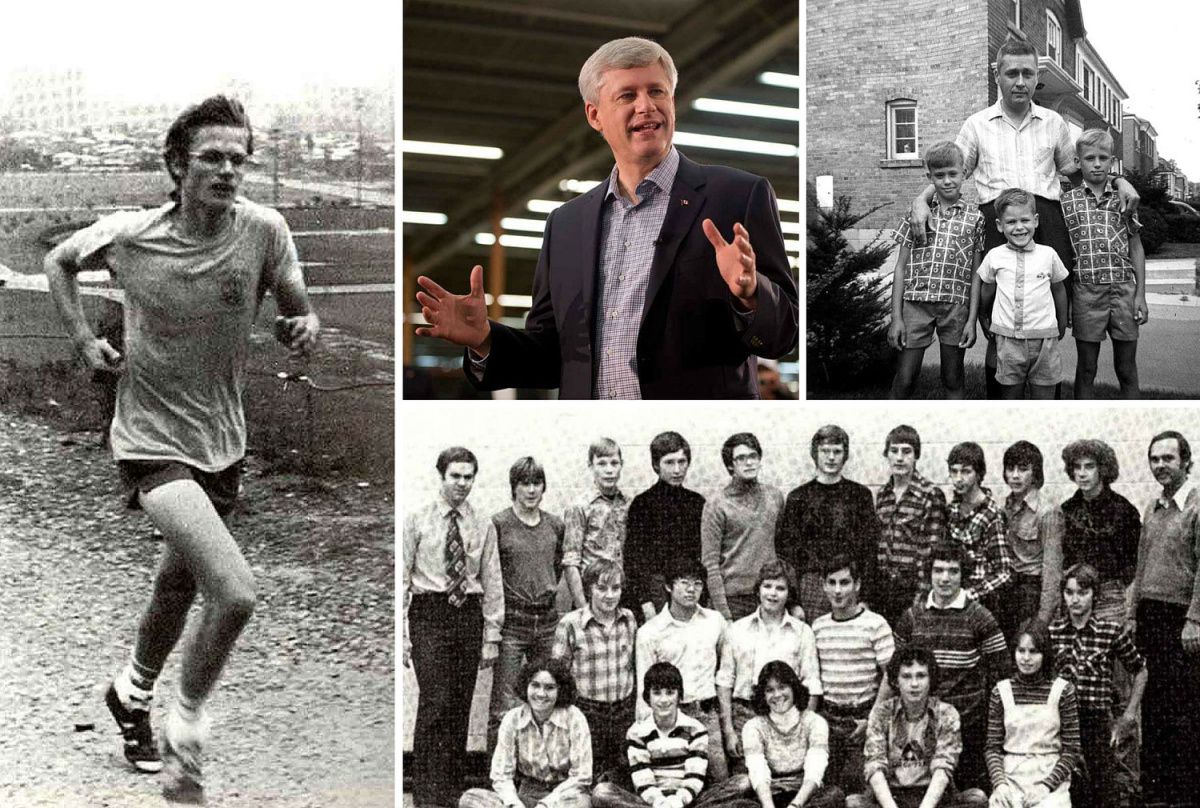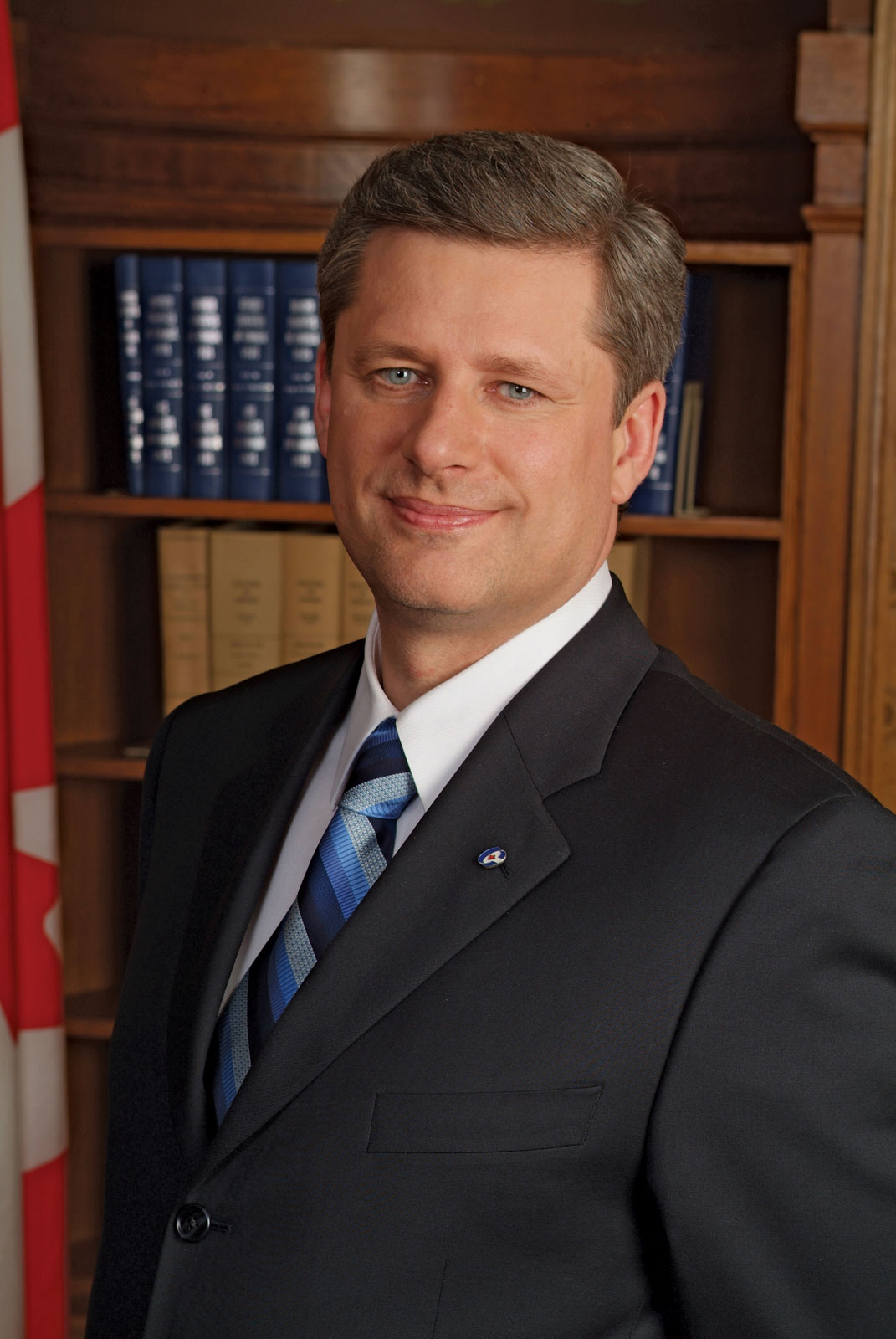
YOUNG Stephen Harper was quite a runner. Fellow students never imagined he would become Canada’s 22nd Prime Minister. Courtesy photos.
A young Stephen Harper was a skinny kid whose classmates at Richview Collegiate Institute never imagined he would someday end up as the 22nd Prime Minister of Canada.
Harper was born to a well-to-do family in Leaside and attended Northlea Public School, John G. Althouse Middle School and then Richview Collegiate, on Islington Ave., which helped form his political beliefs.
He is believed to be the only prime minister to have grown up in the Etobicoke area.
A good runner, he graduated from high school in 1978, and was a member of Richview’s team on Reach for the Top, a televised academic quiz show for bright high school students.
Years later he did attend the 30th reunion of fellow students at Richview, and attended a party at the Crooked Cue, a pool hall near Bloor St. W. and Royal York Rd.
Many who attended the reunion for graduates of ’78 said they could hardly remember the skinny teenager who grew up to become Prime Minister.
Harper was the first of three sons of Margaret and Joseph Harris Harper, an accountant at Imperial Oil, a great job even by today’s standards.
He studied at the University of Toronto Trinity College before moving to Edmonton, where he worked in the mail room at Imperial Oil. He later went to the University of Calgary to earn a master’s degree in economics in 1991.
A trained economist, Harper is reported to be the first prime minister to have an economics degree.
He became involved in politics as a member of his high school’s Young Liberals Club. He later changed his political allegiance because he disagreed with the National Energy Program (NEP) of Pierre Trudeau’s Liberal government.
He became chief aide to Progressive Conservative MP Jim Hawkes in 1985, but later became disillusioned with the party and the government of Brian Mulroney.
He was then recommended by the University of Calgary’s economist Bob Mansell to Preston Manning, the founder and leader of the right wing Reform Party of Canada.
Manning invited him to participate in the party, and Harper gave a speech at Reform’s 1987 founding convention in Winnipeg.
Harper ran for the House of Commons in the 1988 federal election, and lost by a wide margin to Hawkes, his former boss. After Reform candidate Deborah Gray was elected as the party’s first MP in a 1989 by-election, Harper became Grey’s executive assistant, and was her chief adviser and speechwriter until 1993.
Harper stood for office again in the 1993 federal election, and defeated Hawkes in a significant Reform breakthrough in Western Canada.
He served as Prime Minister from 2006 to 2015. Harper won three mandates during his nearly decade long tenure. He was the first prime minister to come from the modern-day Conservative Party of Canada, serving as the party’s first leader from 2004 to 2015.
Harper was respected on the international stage and at home as well. He came to the attention of Time Magazine, who named him as Canada’s Newsmaker of the Year in 2006.
In 2008, he was awarded the Presidential Gold Medallion for Humanitarianism by B’nai B’rith International. He is the first Canadian to be awarded this medal.
In 2011, Harper was honoured by Alberta’s Blood Tribe. He was made Honorary Chief of the Kainai Nation during a ceremony, in which they recognized him for making an official apology on behalf of the Government of Canada or the residential school abuse.
And in 2012, Harper received the World Statesman of the Year award, offered through a U.S. group of faith representatives.
